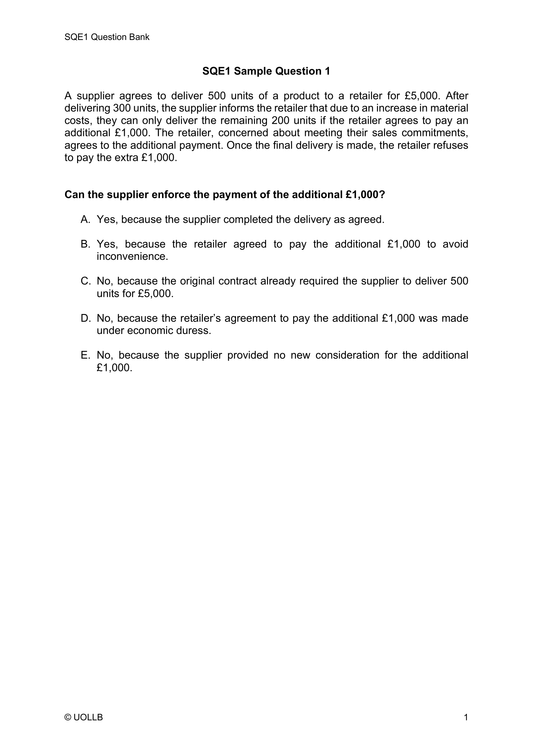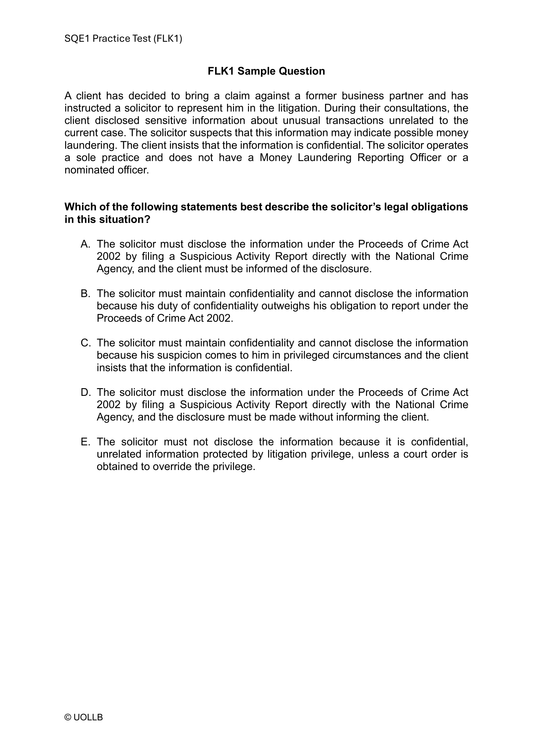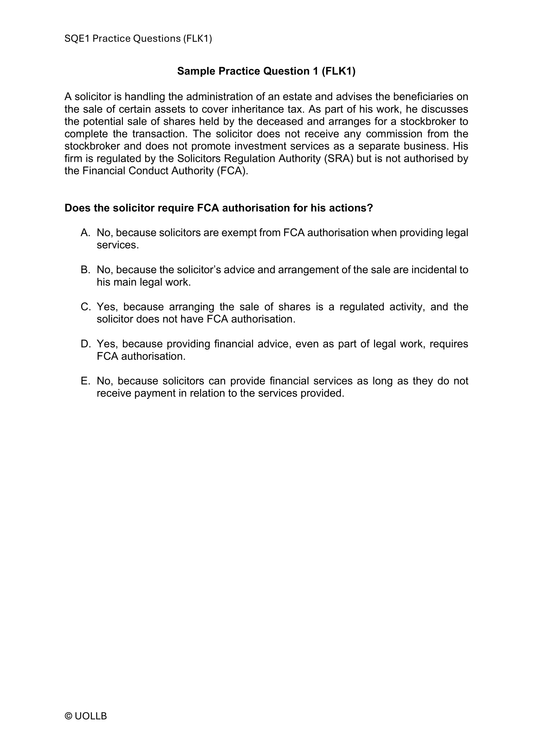Diversity of Moral Views in Pluralist Society
Share
A pluralist society is one that is made up of individuals and groups with diverse cultural, religious, and ideological backgrounds. This diversity often leads to a range of moral views and values, which can sometimes come into conflict with each other.
The diversity of moral views in a pluralist society is a reflection of the fact that individuals and communities have different values, beliefs, and cultural backgrounds. This diversity can sometimes create tension and conflict when different moral views come into conflict with each other. For example, issues such as abortion, euthanasia, and same-sex marriage can be deeply divisive and polarising, with people holding strongly opposing views.
However, the diversity of moral views in a pluralist society is also a sign of a healthy and vibrant society, where individuals are free to express their opinions and beliefs. Pluralism encourages tolerance and respect for different viewpoints and fosters a culture of open and respectful dialogue. It also provides opportunities for individuals and groups to learn from each other and to develop a more nuanced and informed understanding of different moral perspectives.
In a pluralist society, the law must be sensitive to the diversity of moral views and respect the rights and freedoms of individuals and groups. This means that laws must be flexible enough to accommodate different moral perspectives and not unduly restrict the exercise of individual freedoms. It also means that the legal system must be impartial and not favour one moral perspective over another.
Overall, the diversity of moral views in a pluralist society can be both a source of tension and conflict, as well as a sign of a healthy and vibrant society. While navigating this diversity can be challenging, it is essential to ensure that the law and the legal system are sensitive to the range of moral perspectives present in society and respect the rights and freedoms of all individuals and groups.




























































